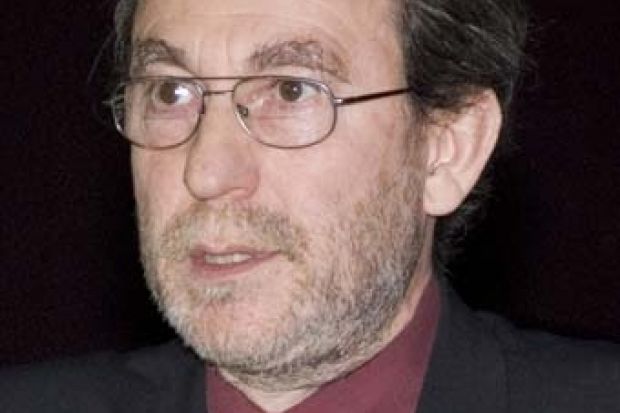The Higher Education Academy has apparently been informed by the funding councils that its grant will be reduced by 30 per cent by 2012-13, with cuts beginning in 2010-11. Already there is speculation that the response from the academy’s board will be to dismantle its network of 24 subject centres.
It is my view, shared by many colleagues with whom I have spoken recently, that if there is any truth in this rumour, it is a totally inappropriate response and the board seriously needs to think again. As a pro vice-chancellor at a modern university said to me, “It seems like an act of self-immolation for the HEA to undermine the only elements of the organisation that work really well by dismantling the subject centres, which preceded the HEA and are the strongest part of it.”
The interim evaluation of the HEA prepared by Oakleigh Consulting only two years ago acknowledges that the subject network is “widely cited as the Academy’s flagship programme”. It goes on to state: “it is clear that the discipline-led focus is highly valued by the sector, and the need for such a network in the future is, in our view, manifest”.
For my part, I have never bought in to some of the arguments of the past decade that there are actually identifiable and distinct disciplinary pedagogies, but I think there is a general acceptance about academic colleagues’ allegiances to their disciplinary “tribes”. It is this allegiance and identification with one’s discipline that accounts in part for the success of the subject centres.
The Oakleigh evaluation notes this point and adds other reasons for the subject centres’ positive contribution to enhancing teaching quality.
It says: “Subject centres are valued because they tackle enhancement from the ‘ground floor’, are practitioner-led, and by working within disciplines maintain a contextual focus that is highly valued.”
It is also the immediacy and regularity of engagement with the real agents for enhancement, namely university teachers and their students, that gives subject centres their potency. Strategy and policy documents, and extensive repositories of information, do not have the same impact on change as working together within learning communities.
But my argument for keeping the subject centres does not simply rest on their reputation and current activities. I also believe that there is a valuable new role for the subject centres that some of us have only just started to explore, and this is in connection with the current standards debate, and how we might effectively establish common standards across the sector.
The HEA’s former chief executive Paul Ramsden, in his 2008 report on university teaching submitted to John Denham, former Secretary of State for Innovation, Universities and Skills, raised the idea of such a “college of peers” to help set common standards. These could be co-ordinated by subject centres – a model also advocated by the Assessment Standards Knowledge Exchange (ASKe) Centre for Excellence in Teaching and Learning.
Given the importance of the standards debate, it is important that standards are established and owned by the subject community itself, and the subject centres are ideally placed to facilitate that.
A third and possibly even more fundamental reason why the board should think again about this decision is that, far from saving the Academy, closing the subject centres could seriously threaten the future of the HEA itself.
In the (as ever) measured words of Mantz Yorke, my good friend and an esteemed scholar of higher education research: “If institutions were to see the demise of the subject centres in this way, it could affect the level of support that they give to the HEA in general. The HEA board will no doubt wish to take a broad perspective as it grapples with the very difficult challenge of managing the envisaged cut in funding. Given the contractual position of the subject centres, non-continuation of their activities is relatively easy to implement but may not be the optimal response to the challenge.”
As is so often the case, the easy option is unlikely to be the best one.
Chris Rust is head of the Oxford Centre for Staff and Learning Development, Oxford Brookes University, deputy director of two Centres for Excellence in Teaching and Learning, and a senior fellow of the HEA.
Register to continue
Why register?
- Registration is free and only takes a moment
- Once registered, you can read 3 articles a month
- Sign up for our newsletter
Subscribe
Or subscribe for unlimited access to:
- Unlimited access to news, views, insights & reviews
- Digital editions
- Digital access to THE’s university and college rankings analysis
Already registered or a current subscriber? Login
